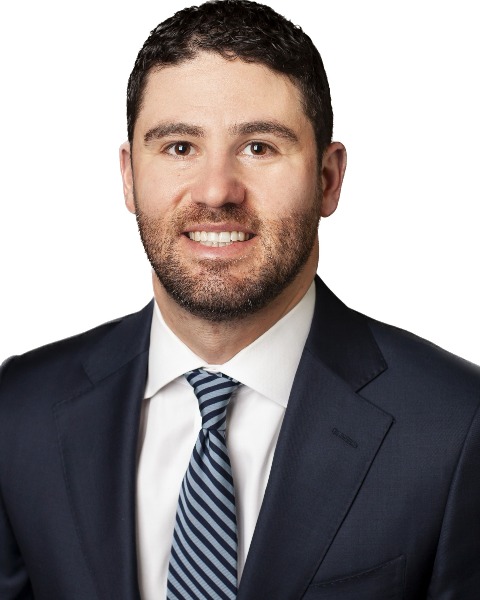Back
Introduction: Despite increasing evidence of financial toxicity (FT) associated with treatment for prostate cancer, little is known about the risk factors and types of financial burden facing prostate cancer survivors.
Methods: The Cancer Self-Administered Questionnaire component of the Medical Expenditure Panel Survey was administered in 2011, 2016, and 2017. Men with a history of prostate cancer were identified and those with non-prostate malignancies other than non-melanoma skin cancer were excluded. The proportion of men reporting catastrophic healthcare expenditures (out-of-pocket spending >10% of household income) and subjective measures of FT (categorized in Table 1) were assessed. Multivariable logistic regression was used to identify independent predictors of FT.
Results: Among men with a personal history of prostate cancer, 8% reported catastrophic healthcare expenditures. This corresponds to a weighted national estimate of 187,963 men who experience catastrophic expenditures. Overall, 16% of men reported subjective worry about being able to pay for their medical bills, and 15% reported work changes due to their cancer diagnosis. Other forms of FT are summarized in Table 1. After adjusting for covariates in Table 2, the only significant predictor of catastrophic expenditures was low income. Older age was associated with decreased odds of subjective worry about medical bills (OR 0.90, 95% CI 0.83 – 0.98, p=0.017). Only 12% of men reported their doctor discussed the costs of care in detail, and 10% reported they discussed the costs of care briefly.
Conclusions: Prostate cancer survivorship is associated with substantial objective and subjective measures of financial toxicity. Nearly 1 in 10 survivors experience catastrophic healthcare expenditures and an even larger number report subjective worry about job loss and other forms of FT. Patients rarely discuss costs with their physicians. Despite high rates of insurance coverage, prostate cancer survivors remain vulnerable to excessive costs of care. SOURCE OF
Funding: None


Moderated Poster Session
Session: MP39: Health Services Research: Value of Care, Cost & Outcomes Measures
MP39-05: Predictors of Financial Toxicity Among United States Prostate Cancer Survivors: Results from a National Survey
Saturday, April 29, 2023
1:00 PM – 3:00 PM CST
Location: S404C

Benjamin V. Stone, MD
Mass General Brigham
Poster Presenter(s)
Introduction: Despite increasing evidence of financial toxicity (FT) associated with treatment for prostate cancer, little is known about the risk factors and types of financial burden facing prostate cancer survivors.
Methods: The Cancer Self-Administered Questionnaire component of the Medical Expenditure Panel Survey was administered in 2011, 2016, and 2017. Men with a history of prostate cancer were identified and those with non-prostate malignancies other than non-melanoma skin cancer were excluded. The proportion of men reporting catastrophic healthcare expenditures (out-of-pocket spending >10% of household income) and subjective measures of FT (categorized in Table 1) were assessed. Multivariable logistic regression was used to identify independent predictors of FT.
Results: Among men with a personal history of prostate cancer, 8% reported catastrophic healthcare expenditures. This corresponds to a weighted national estimate of 187,963 men who experience catastrophic expenditures. Overall, 16% of men reported subjective worry about being able to pay for their medical bills, and 15% reported work changes due to their cancer diagnosis. Other forms of FT are summarized in Table 1. After adjusting for covariates in Table 2, the only significant predictor of catastrophic expenditures was low income. Older age was associated with decreased odds of subjective worry about medical bills (OR 0.90, 95% CI 0.83 – 0.98, p=0.017). Only 12% of men reported their doctor discussed the costs of care in detail, and 10% reported they discussed the costs of care briefly.
Conclusions: Prostate cancer survivorship is associated with substantial objective and subjective measures of financial toxicity. Nearly 1 in 10 survivors experience catastrophic healthcare expenditures and an even larger number report subjective worry about job loss and other forms of FT. Patients rarely discuss costs with their physicians. Despite high rates of insurance coverage, prostate cancer survivors remain vulnerable to excessive costs of care. SOURCE OF
Funding: None


